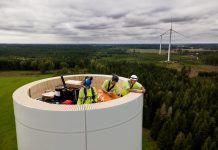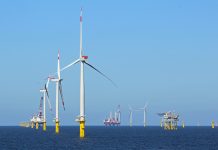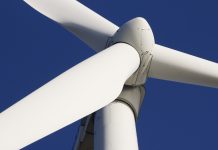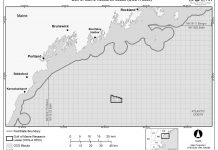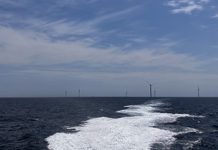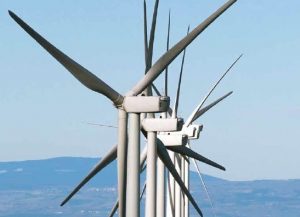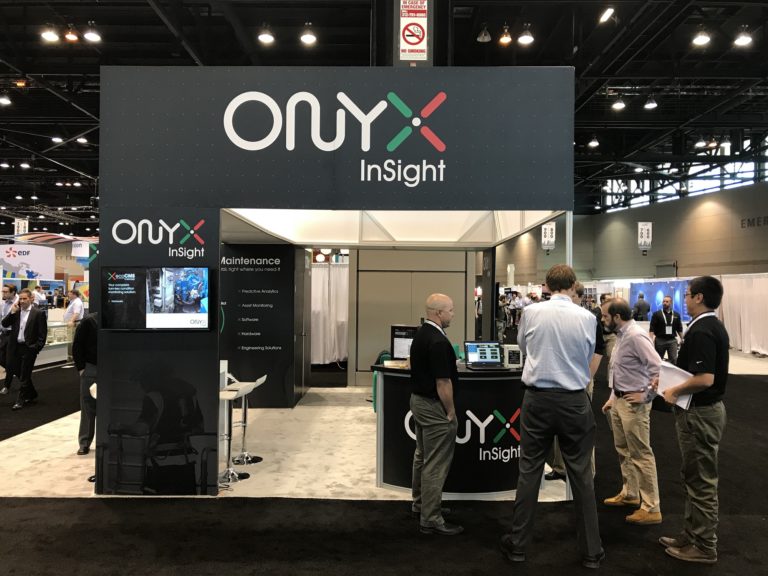 Micro Electro-Mechanical Systems (MEMS) have radically changed the return on investment model for turbine condition monitoring in the United States, helping wind-farm owners make significant OPEX savings.
Micro Electro-Mechanical Systems (MEMS) have radically changed the return on investment model for turbine condition monitoring in the United States, helping wind-farm owners make significant OPEX savings.
By cutting the cost of condition monitoring systems (CMS), low-cost MEMS sensors have helped wind-farm owners to improve operational planning, cut unscheduled maintenance, and make OPEX savings of up to 8 percent each year, according to ONYX InSight.
First introduced by ONYX InSight in the wind-energy industry, MEMS sensors are used in CMS hardware to measure and report on vibration, temperature and oil condition in the drive train. With billions of MEMS sensors manufactured every year for use in equipment from mobile phones and pacemakers to automotive and aviation safety systems, the technology is low cost and highly reliable. MEMS equipped CMS have transformed the return on investment for turbine monitoring, particularly for owners of smaller or older models. Lowering the cost of CMS hardware has allowed owners to refine repair and maintenance strategies to realize greater OPEX savings.
“ONYX InSight’s ecoCMS monitoring equipment has convinced operators to look again at the financials of CMS,” said Ashley Crowther, Global VP of Sales at ONYX InSight. “Built with MEMS sensors and IOT technology rather than legacy technology such as piezoelectric accelerometers and rotating hard drives, which has historically been too expensive to justify, the disruptive hardware is transforming the CM market, making fleet owners sit up and take notice of the financial benefits predictive maintenance can bring.”
The latest CMS hardware collects a wide range of wind-turbine performance metrics, allowing wind-farm operators to identify and confirm faults much earlier and to act preventatively to save money on repairs and site visits. The low-cost technology can benefit older and smaller turbine models significantly, where condition-based maintenance strategies have long been seen as uneconomic. Across 500 CMS installations recently carried out by ONYX InSight for a multi-brand fleet, more than 50 turbines were identified as in need of repairs that had previously gone undiscovered by the operator.
“We live in a data rich world,” Crowther said. “And to realize the advantages of all that data, we must be able to capture, process, and interpret it effectively. By reducing the cost of data capture, recent advancements in CMS technology will help more wind-farm operators improve their operations and the profitability of the energy they produce.”
MORE INFO www.onyxinsight.com




